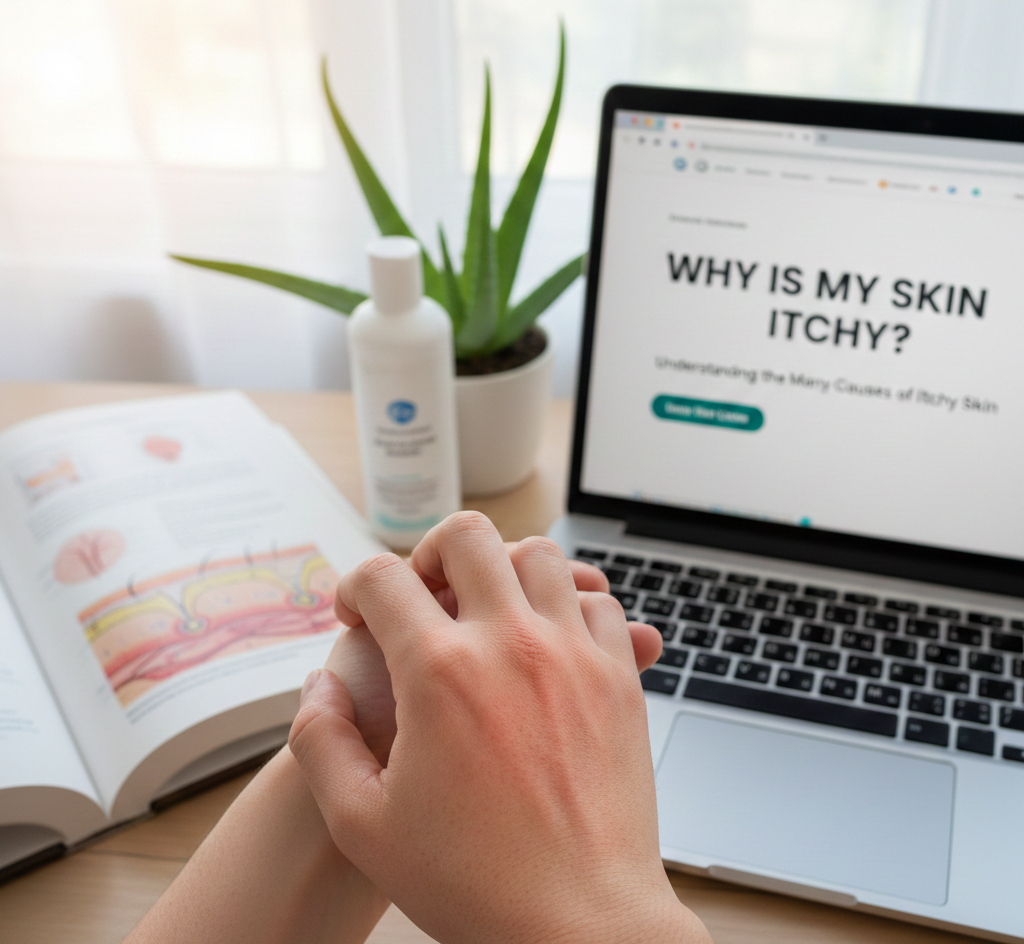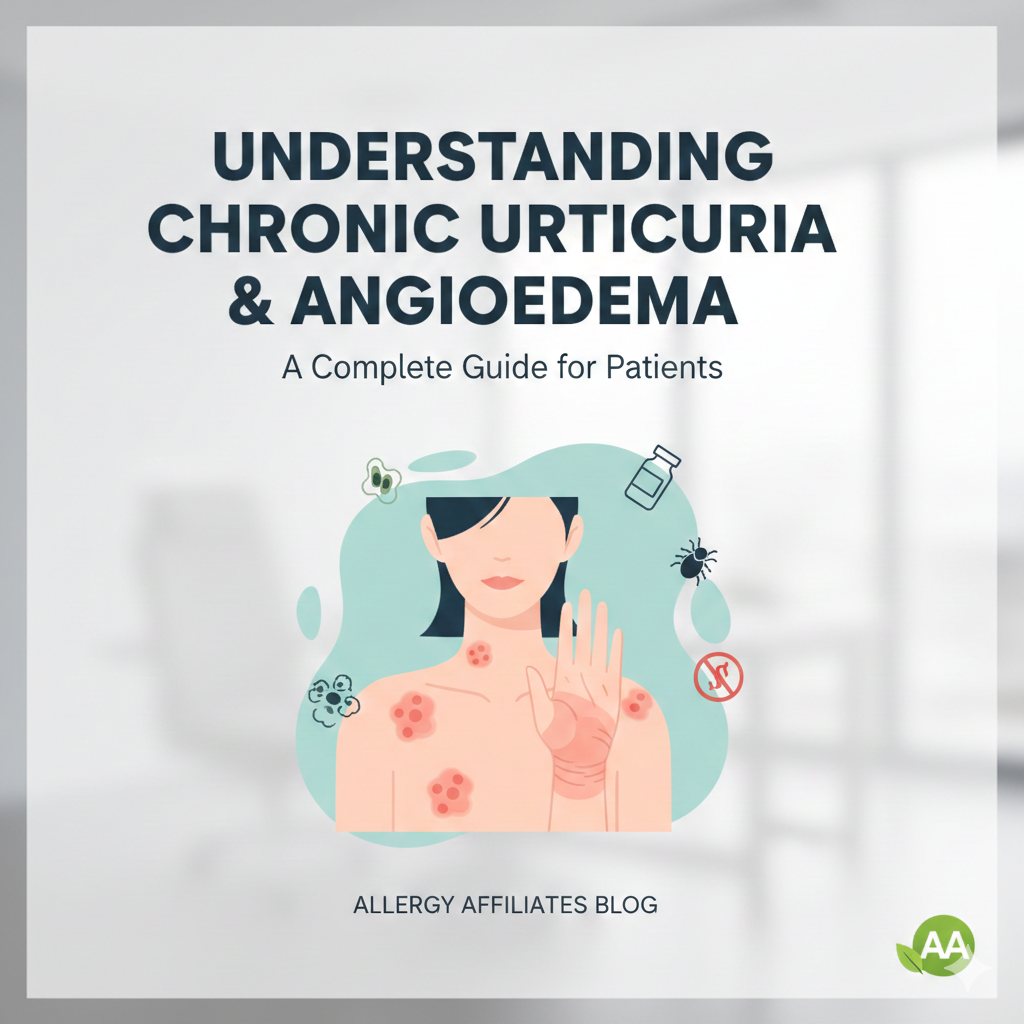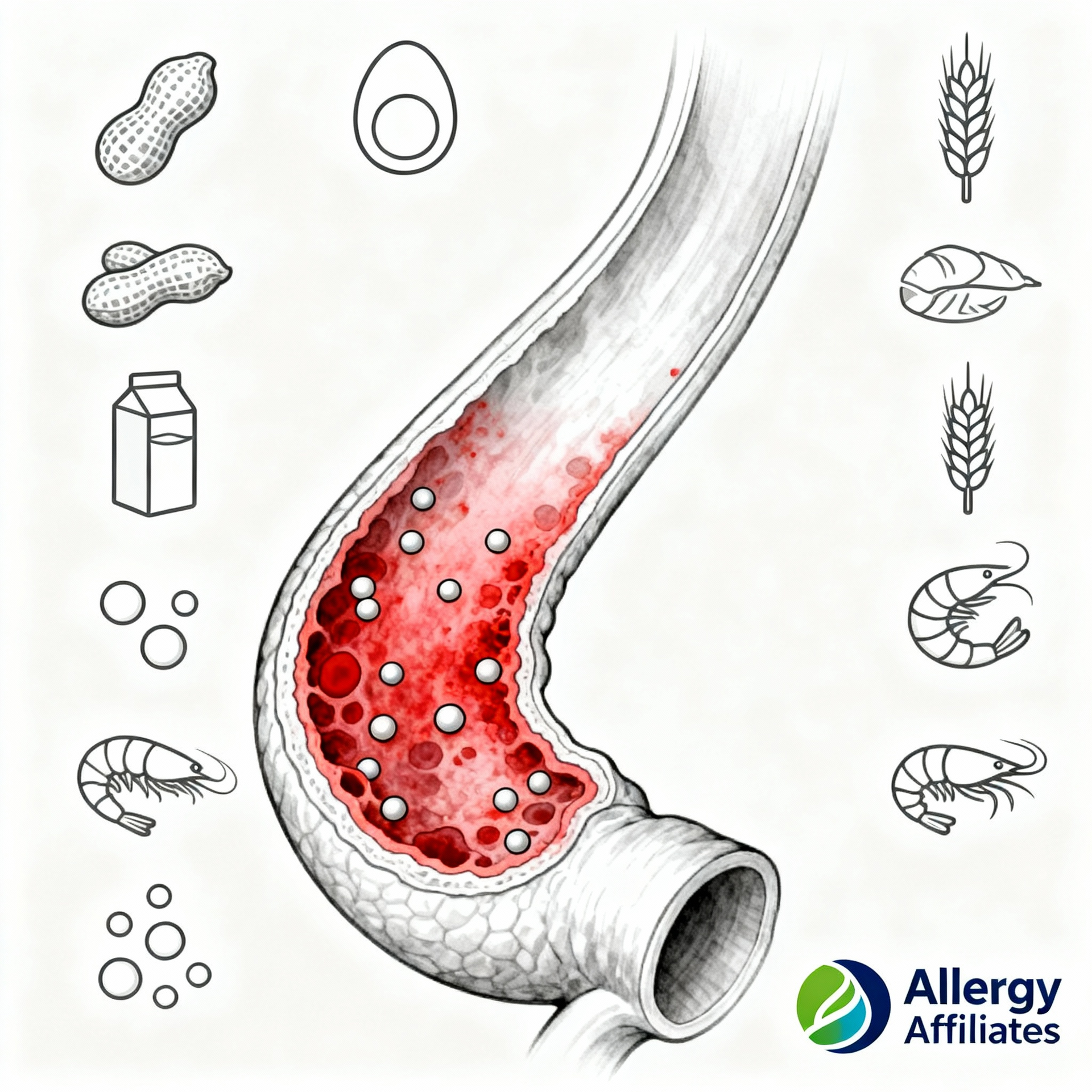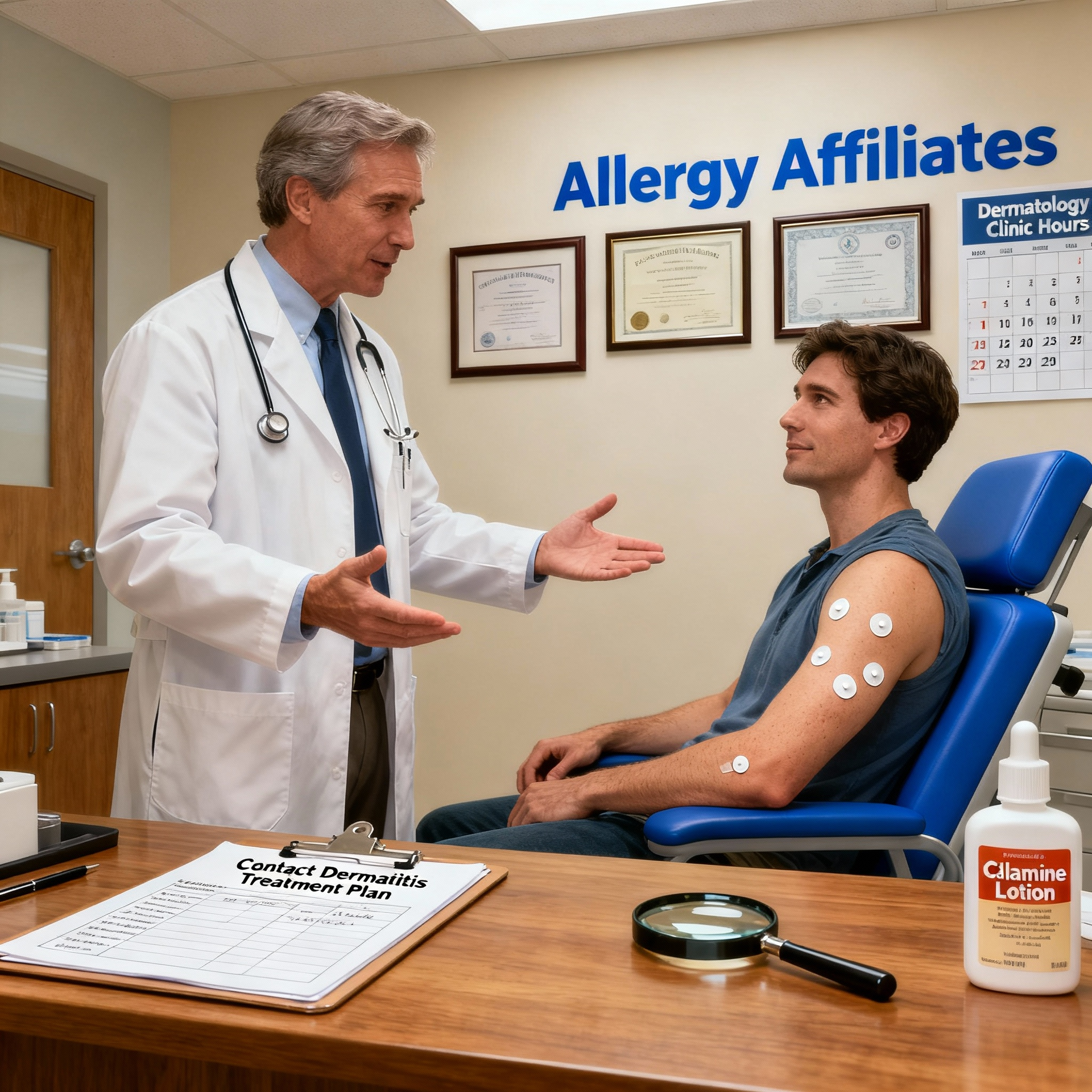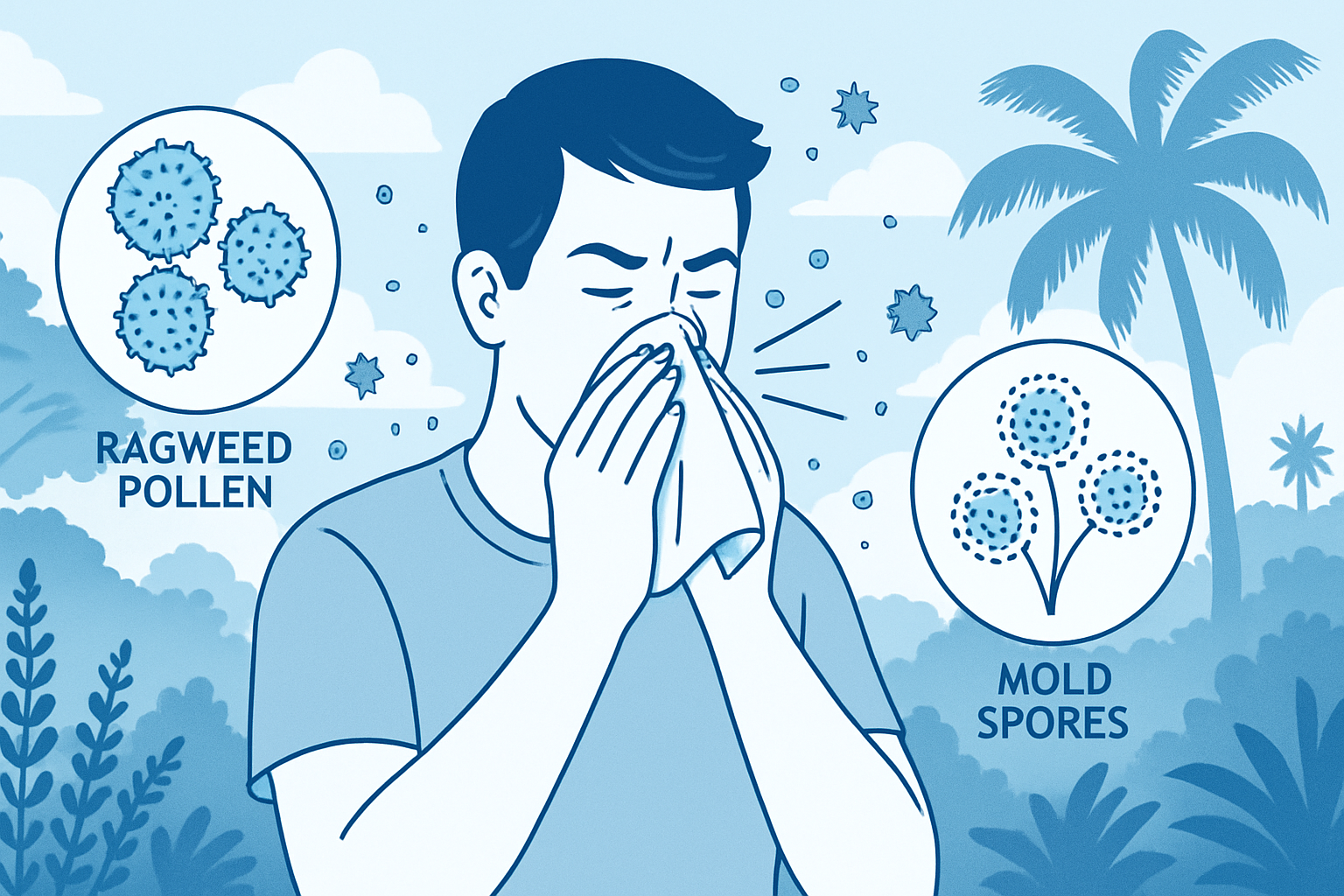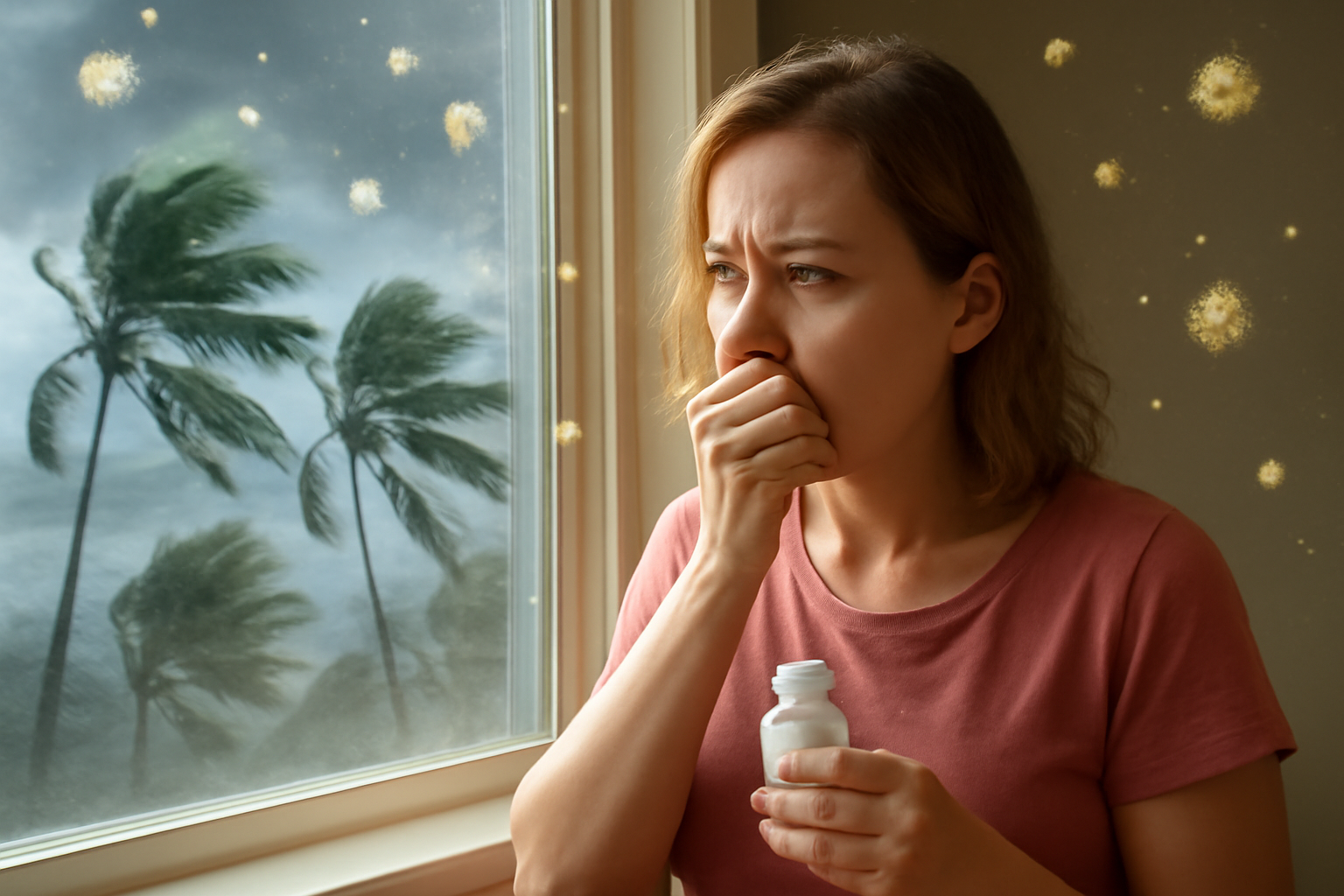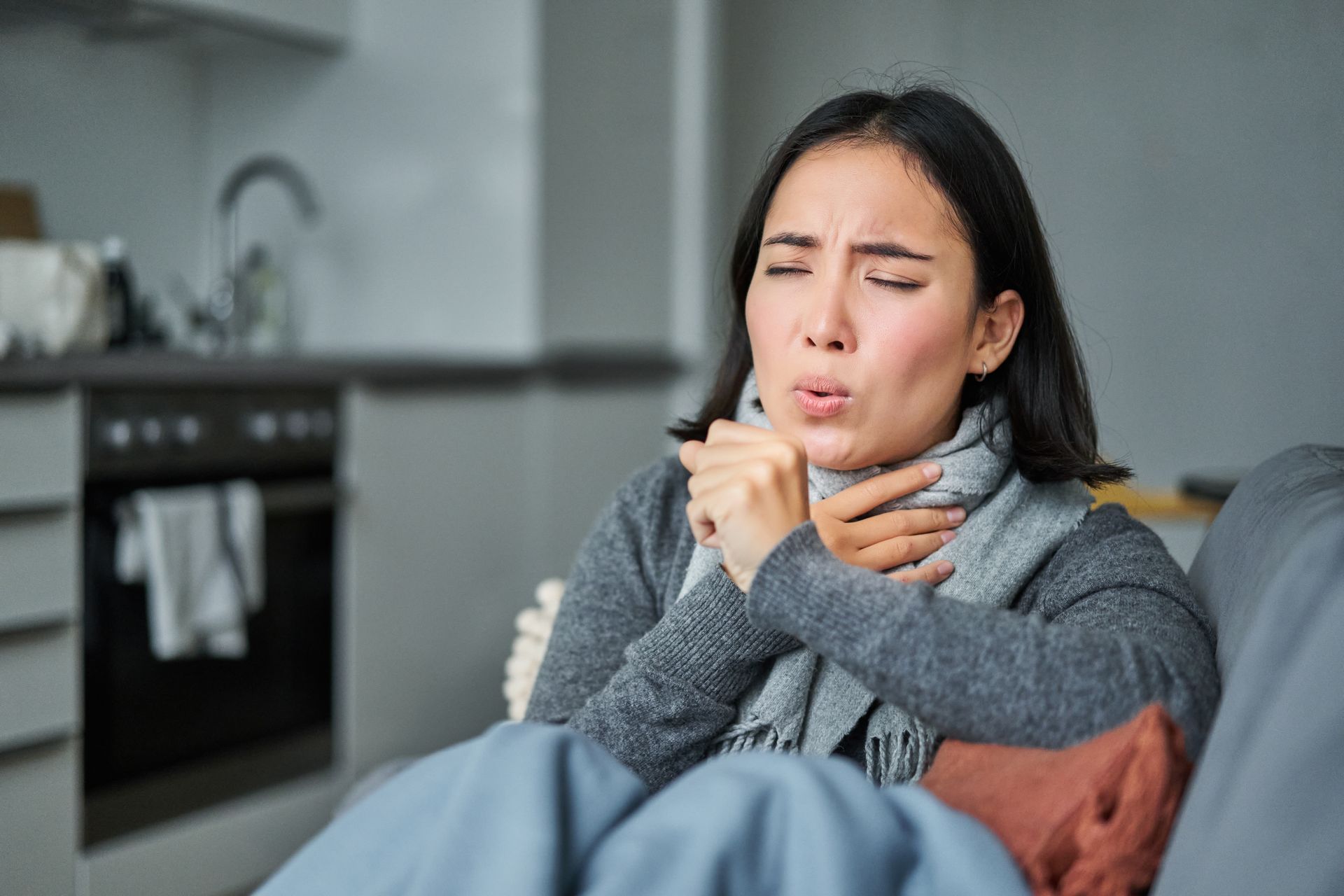
Are you battling a stubborn cough that won't disappear? We know it's frustrating. You've tried cough syrups, tablets, and maybe even antibiotics, but nothing seems to provide lasting relief. Could there be an underlying cause behind your persistent cough that you haven't considered? Read on and discover the surprising link between chronic cough and unseen allergies.
What Is a Chronic Cough, and Why Does It Persist?
Coughs can be incredibly frustrating and worrisome, especially when they linger for weeks or months. But what exactly constitutes a chronic cough? When a cough persists for eight weeks or longer, it is considered chronic. While it's easy to brush off as a nuisance, a chronic cough could signal an underlying health issue that deserves medical attention.
Chronic coughs are particularly common in Florida where the humidity and pollen levels can be high. Allergens like pollen, mold, and dust mites thrive in such environments, triggering allergic reactions in susceptible individuals. The Allergy and Asthma Network suggests that various
conditions could be behind chronic coughs, with about 90% of cases linked to:
- Asthma
- Non-Asthmatic Eosinophilic Bronchitis
- Gastroesophageal Reflux Disease (GERD)
- Upper Airway Cough Syndrome
- Gastric Reflux
Considering these potential underlying causes can provide valuable insights that help determine the best course of action in addressing your chronic cough.
Read More:
Understanding Chronic Cough: Causes, Symptoms, and Diagnosis
Could Your Chronic Cough Be Allergy-Related?
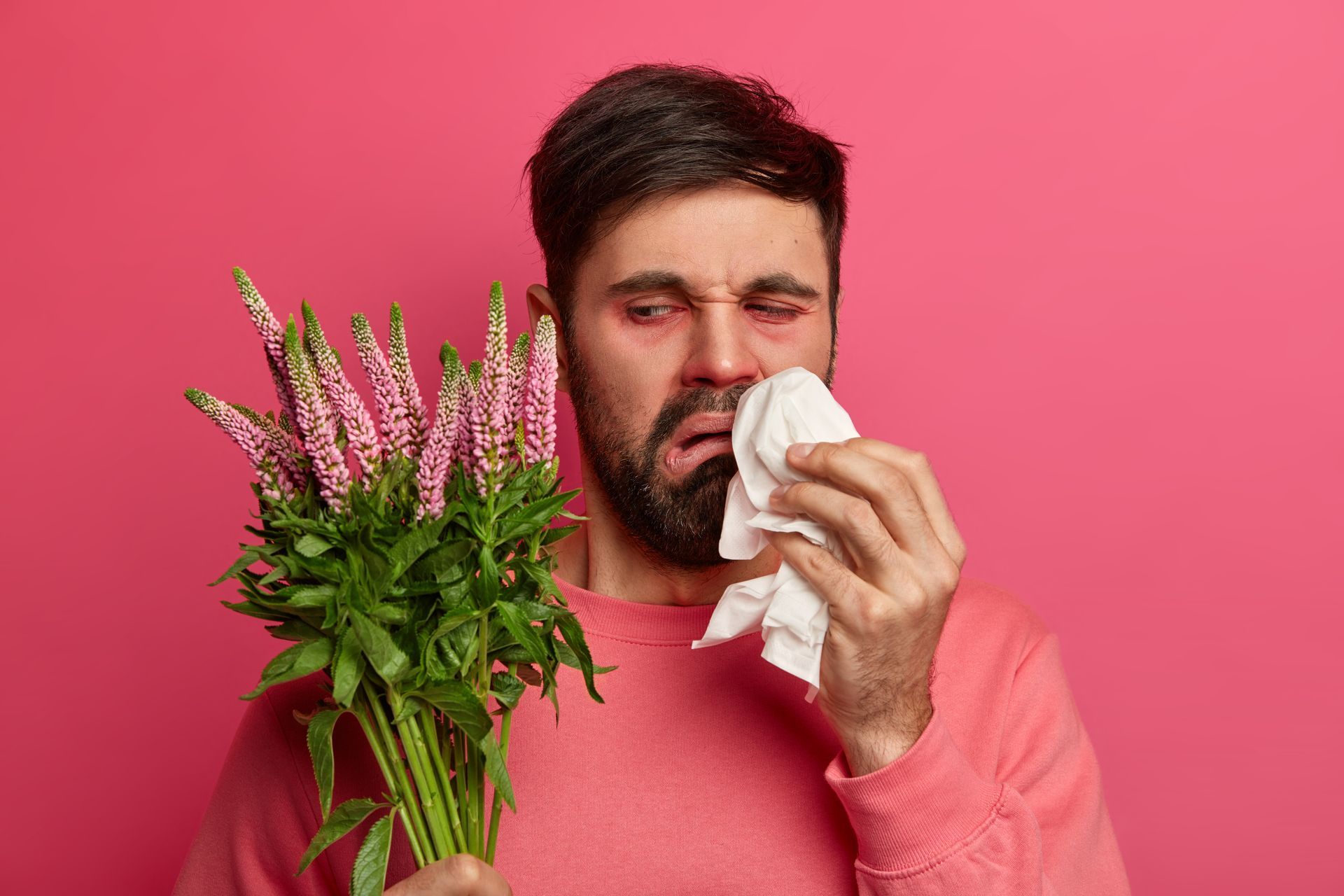
It might surprise you that your chronic cough and allergies are linked. Residents commonly complain about allergy-related coughs in Florida, where pollen counts can skyrocket. An allergy cough often exhibits patterns, with increased frequency observed during particular seasons or in specific environments. A 2022
study identifies environmental and individual factors—respiratory infections, air pollutants, work-related irritants, allergens, eosinophils, and refluxate—as potential triggers for coughing and may increase the risk of developing chronic cough. These findings notably make allergies closely associated with chronic cough, with allergens contributing significantly to persistent cough symptoms.
The Importance of Allergy Diagnosis
If you suspect your chronic cough may be allergy-related, you should obtain a proper diagnosis from an allergist near you. These medical professionals specialize in identifying and treating allergies, helping patients pinpoint the specific triggers that may be causing their symptoms.
An allergy diagnosis can be particularly valuable in Florida, where allergens are abundant year-round. Through skin tests, blood tests, and a thorough medical history review, allergists can determine which allergens are causing your symptoms and develop a personalized treatment plan to help you find relief.
Allergy Testing
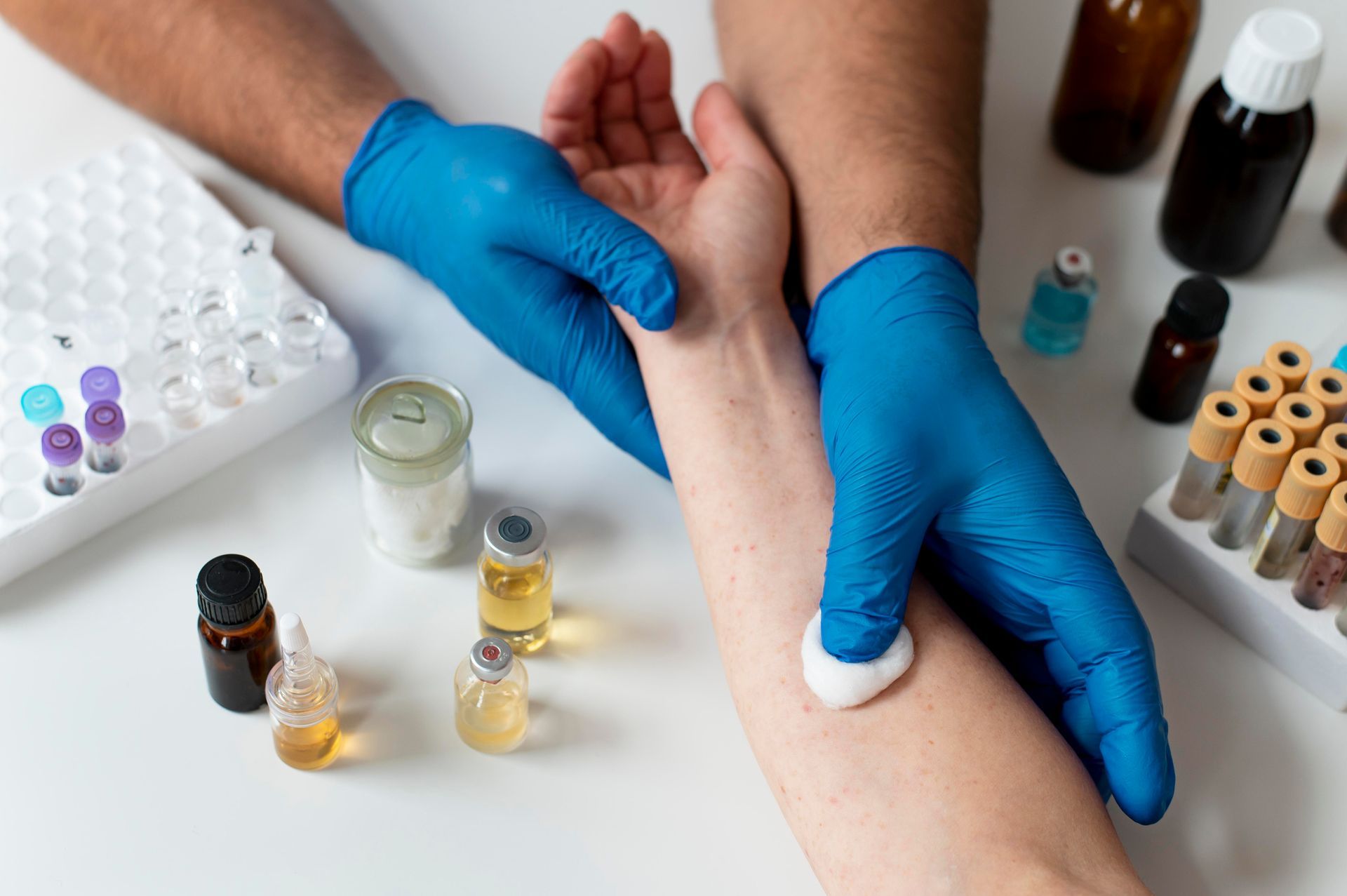
Allergy testing is a vital diagnostic tool for identifying allergies to inhalant allergens, including tree, grass, weed pollens, mold, pets, or dust mites. Allergic rhinitis and the resulting post-nasal drip are significant contributors to chronic coughs. An allergist must order, administer, and interpret allergy tests. This ensures accurate results and appropriate treatment recommendations tailored to your allergens and circumstances.
Read More:
The Importance and Benefits of Allergy Testing
Medical History Review
Your allergist asks about your medical background, including previous illnesses, environmental exposure, and cough symptoms.
Physical Examination
Allergists perform a thorough physical examination to look for indications of respiratory issues, such as asthma or chronic bronchitis, which could be the underlying cause of your cough.
Chest X-Ray or CT Scan
Doctors may order imaging studies like chest X-rays or CT scans to check your lungs and airways for abnormalities, such as infections, tumors, or structural issues.
Pulmonary Function Tests (PFTs)
Pulmonary function tests (PFTs)
assess lung function and help identify conditions such as asthma or chronic obstructive pulmonary disease (COPD) that might be causing coughing.
Trial of Allergy Medications
Your allergy specialist might suggest trying out allergy medications like antihistamines or nasal corticosteroids to see if they ease your cough symptoms. This process can assist in confirming whether or not your cough is related to allergies.
What Steps Can You Take to Ease Your Symptoms?
Once you've received a diagnosis, the next step is implementing strategies to manage your allergy-related cough effectively. Depending on your specific trigger and symptoms, your allergist may recommend a variety of treatment options, including:
- Avoidance
Reducing contact with allergens by shutting windows, employing air purifiers, and frequently tidying your living space can decrease coughing. Wearing masks can protect against airborne chemicals and irritants, safeguarding your airways and alleviating coughing episodes.
2. Medications
Allergy medications, such as antihistamines and nasal corticosteroids, help relieve symptoms such as sneezing, itching, and congestion. They are available without a doctor's prescription. However, obtaining these
medications through the prescription and supervision of an allergy specialist is still best.
3. Immunotherapy
For those experiencing severe allergies, allergists may suggest allergen immunotherapy, commonly called allergy shots or sublingual tablets. The treatment begins by administering small doses of an allergen to patients, enabling the immune system to adapt gradually. As the patient reaches their targeted tolerance level, determined on a case-by-case basis, the treatment progresses to the maintenance phase. Here, the dosage of allergens increases but with longer intervals between doses. Patients can anticipate fewer allergy symptoms at this stage.
Finding the right combination of treatments in a place where allergy season can last a year is vital to managing allergy-related coughs effectively.
Unlocking the Secret to a Cough-Free Life!
If you've been suffering from a cough that won't go away, it's time to think about the possibility of hidden allergies behind the problem. By understanding the connection between allergies and coughing and seeking a proper diagnosis from an allergist near you, you can take proactive steps to find relief and reclaim your quality of life. Between enjoying the sunny beaches of Florida and exploring the vibrant city life, don't let a persistent cough hold you back. Take charge of your health and say goodbye to coughing once and for all.
Are you struggling to uncover the source of your chronic cough? Fear not! Your solution awaits at
Allergy Affiliates Inc. Start your journey to an allergy-free life today by searching "allergist near me" and "Florida allergy" online. Our team, led by Bradenton and Sarasota board-certified allergist Dr. Sabharwal, offers safe and effective treatments utilizing traditional and cutting-edge methods.
Secure a cough-free season by dialing 941-792-4151 or clicking the "Book an Appointment" button.
